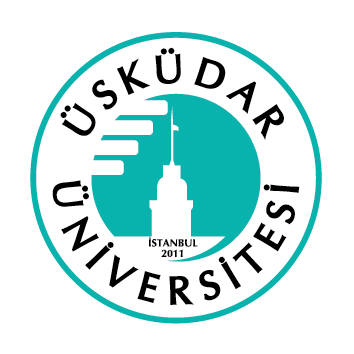Makale
Makale
Her Zaman Muhammed: Şeyh İbrâhîm Niyâs’ın Üç Risâlesi ve Şiirleri Özelinde Nebevî Hamde Dâir Vezinler
All Muhammad, All the Time: Shaykh Ibrahim Niasse’s Prophetic Poetics of Praise in Three Treatises and Poems
Oludamini Ogunnaike
Yıl 2022, Sayı 2, Sayfalar:66-111
Contemporary poet and scholar Joshua Bennett recently wrote, “If black studies is indeed the rewriting of knowledge itself, an ongoing critique of so-called Western civilization—as Wynter and Robinson and others remind us—then poetry will be absolutely essential. Like the field of black studies more broadly, the teaching of black poetry is not simply additive nor is it a niche concern. Historically poetry is at the center of black social and intellectual life.” Of no literary or intellectual tradition is this more true than that of the Fayḍa Tijāniyya, inaugurated by the Senegalese Sufi Shaykh and scholar, Shaykh Ibrahim Niasse (d. 1975). Described by its initiates as a “flood” of ma‘rifa (divine knowledge) and wilāya (sanctity), the Fayḍa has also produced a veritable outpouring of Sufi literature in Arabic (as well as African and European languages) among its adherents, particularly Arabic poetry in praise of the prophet that both expresses and facilitates access to ma‘rifa in a particularly effective manner. Through close readings of three short treatises and poems of Ibrahim Niasse, this paper attempts to outline Niasse’s prophetic poetics of spiritual realization: the closely-linked cosmology, epistemology, and anthropology converging on the Muhammadan Reality (al-ḥaqīqa al-Muḥammadiya) that animates and structures his literary oeuvre and shapes the spiritual, social, and intellectual lives of the members of the Fayḍa Tijāniyya. Building on earlier studies of the Tijānī tradition and Maghrebi/West African Sufism, this article concludes with an examination of the implications of this prophetic poetics for the conception of the “human,” and the intervention literature such as Niasse’s has made and can make in contemporary debates surrounding the ethics of knowledge and the re-evaluation of the modern, “Western” category of the “human”.
Günümüz şair ve akademisyenlerinden Joshua Bennett, yakın bir zamanda şöyle bir açıklamada bulundu: “Eğer siyahlara özgü çalışmalar (black studies), gerçekten de bilginin yeniden yazılması, sözde Batı medeniyetinin devam etmekte olan bir eleştirisiyse, -Wynter, Robinson ve diğerlerinin bize hatırlattığı gibi-, o vakit şiir mutlak bir biçimde gerekli olacaktır. Daha geniş manada siyahlara özgü çalışma alanları gibi, siyah şiirin (black poetry) tedrisi, sadece basit bir katkı veya niş bir mesele niteliğinde değildir. Tarihsel olarak şiir, siyah sosyal ve entelektüel yaşamın tam merkezinde yer almaktadır.” Bu tespit, Senegalli Sûfî Şeyhi ve âlim İbrâhim Niyâs’ın kurucusu olduğu Feyzâ Ticâniyye (Fayḍa Tijāniyya) nazariyesinde olduğu kadar hiçbir edebî veya entelektüel gelenek için doğru değildir.

